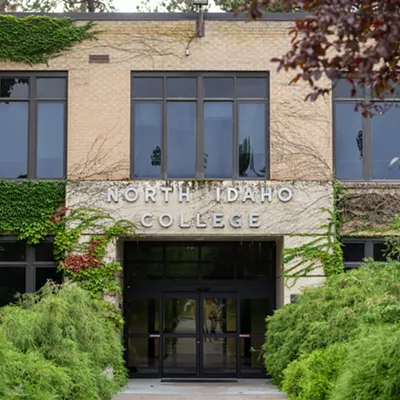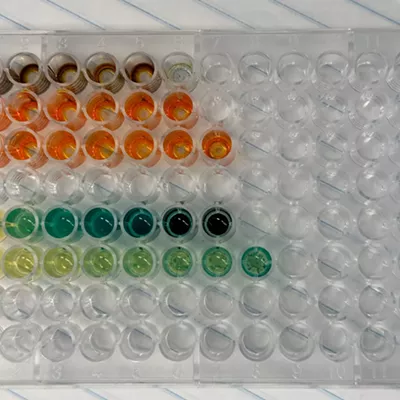FULL SPEED AHEAD
For years, Spokane has debated two REVITALIZATION PROJECTS, one concerning the Ridpath Hotel, the other concerning the North Monroe Street corridor. This month, both of those projects received a green light.
The majority of business owners on the 1.12-mile stretch of Monroe opposed the proposal to reduce the street from five to three lanes, but the city opted to move ahead anyway. City spokeswoman Marlene Feist pointed out that when all the stakeholders were taken into account, including property owners, neighbors and commuters, the majority supported the project. Now, Feist says, the goal is to make sure that businesses are able to weather the challenges of the road construction.
"All of the elected officials agree we have to do it as quickly as possible," Feist says.
The Ridpath Hotel, meanwhile, has been closed for nearly a decade. It had been divided up and sold to a tangle of owners by a man who was later sentenced to eight years in prison for fraud. But finally, the Ridpath's saga may be drawing to a close.
On Monday, the city council voted 5-1 to loan developer Ron Wells $1.75 million and forgive property taxes on future improvements for the next 12 years. Wells plans to turn the Ridpath into a apartment complex that includes more than 100 micro-apartments, to be rented at $453 apiece.
"The city would not be involved if this was not a risky project," warned Jonathan Mallahan, director of the city's Community and Neighborhood Services Division.
But Council President Ben Stuckart pointed out that the city had donated more than $1 million to build the Marilee apartments, without a chance of repayment, to provide housing to the homeless. He argued that replacing the blighted hotel with affordable housing was worth the risk. (DANIEL WALTERS)
SEPTIC SELF-INSPECTIONS NOW OK
A new state law will essentially REVERSE PART of a controversial water quality and quantity case known as the Hirst decision.
In Whatcom County vs. Hirst, Futurewise, et al., the state Supreme Court found that the county wasn't doing enough to make sure there was enough legally available water before development was approved, or doing enough to ensure water quality.
Most of the focus on the case has been on the impact it has had in halting rural development, which depends on the ability to drill for water. But lawmakers recently dealt with the second aspect, water quality, by making it clear that the Growth Management Act doesn't preclude counties from letting homeowners self-inspect their on-site sewage systems.
Whatcom County allowed homeowners to get certified and inspect their own systems, but when the issue went to the state's Growth Management Hearings Board, it "noted significant disparity in reported failure rates and compliance rates between homeowners who self-inspect versus professional inspections."
In the Hirst case, the county argued that there wasn't substantial evidence to show that self-inspections were an issue. But in its decision, the Supreme Court said that the county is required to protect water quality under its comprehensive plan, which is required by the GMA.
The new law makes it clear that counties are still required to protect water quality, but septic rules don't fall under the GMA. Gov. Jay Inslee signed ESHB 1503 into law April 21, and it will take effect July 23. (SAMANTHA WOHLFEIL)
































